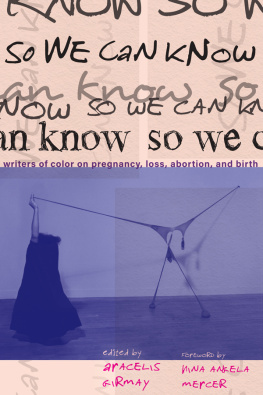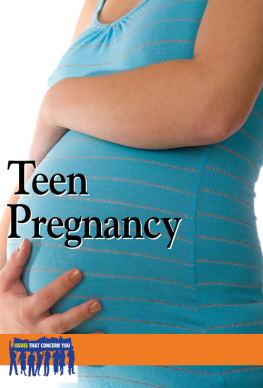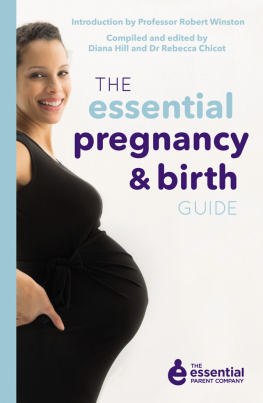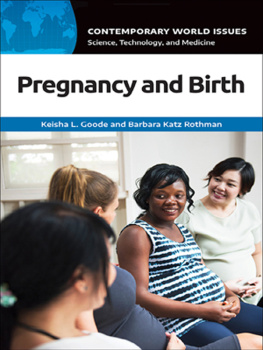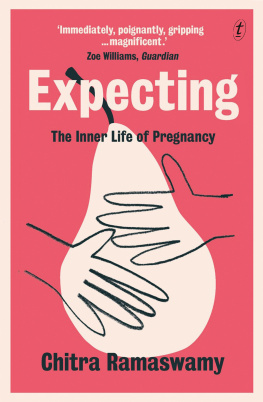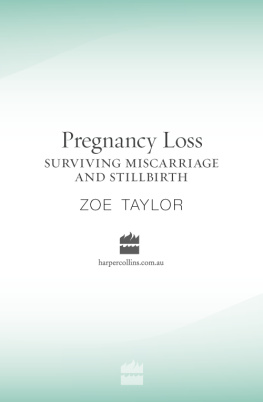Contents
Landmarks

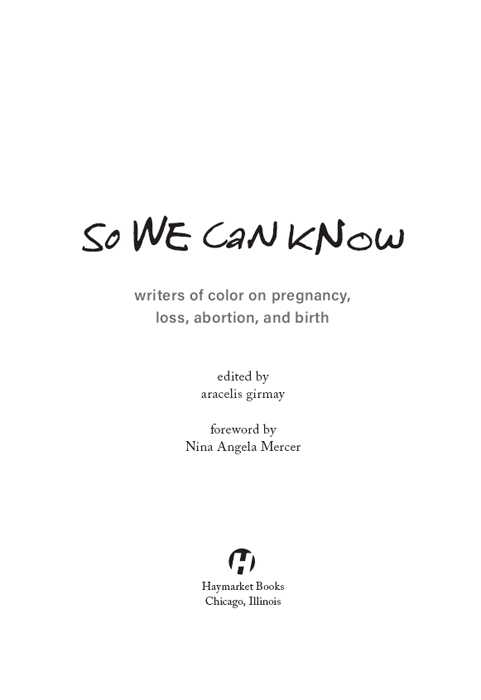
2023 aracelis girmay
Published in 2023 by
Haymarket Books
P.O. Box 180165
Chicago, IL 60618
773-583-7884
www.haymarketbooks.org
ISBN: 978-1-64259-857-5
Distributed to the trade in the US through Consortium Book Sales and Distribution (www.cbsd.com) and internationally through Ingram Publisher Services International (www.ingramcontent.com).
This book was published with the generous support of Lannan Foundation and Wallace Action Fund.
Special discounts are available for bulk purchases by organizations and institutions. Please call 773-583-7884 or email for more information.
Cover and book design by Jamie Kerry.
Library of Congress Cataloging-in-Publication data is available.
I a fact
answer of my own making
Desiree C. Bailey, from Woman in Dub
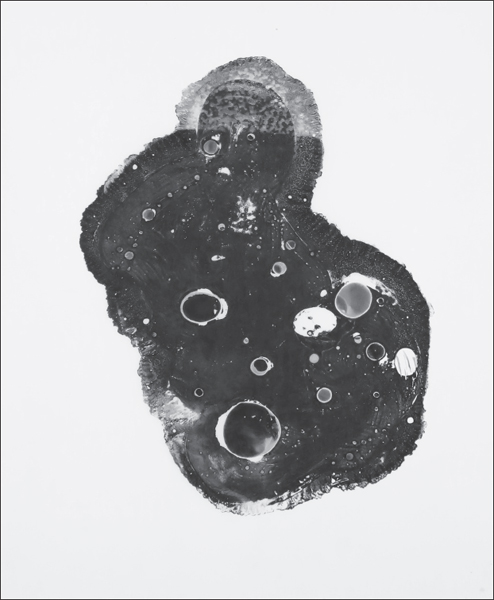
The Evanesced: The Retrieval #48
Kenyatta A. C. Hinkle
A Caul
Nina Angela Mercer
To enter this gathering is to bear witness to a communion, a mothering channeled by those who chose this road and walked it, a mothering that has sometimes meant refusal, or a prayer for understanding at the roots of an elder tree when we could not birth the child who came just as we were daring flight. We know pedestals are lies we are meant to fall from, so we lean into our left hip instead, arms akimbo.
We tell it so you know without question.
This is the way it is with uswhat it means to birth, and what it means to not give birth and still be reborn and someone elses testimony in the telling. We are more than wombs, but we also know that our reproductive lives are in danger, so we hold the shell of our lives open to the heart of the matterthe divine mother funk is crowned both king and queen; we who are the gate and also guard it; the passageway and those who come through it, conduit and inspiration, supernovas illuminating city sidewalks, as in mama is so bad she name her own self, shedding whole lifetimes in seasons, a uterine riot of dark crimson blood rich as fresh-turned earth heavy with minerals and rain. A mothering of self when we shed a whole woman in bloodcoiling deep, dangerous, a shocking beauty, taut, unraveling, or free. We decide.
Sing of us when we make mistakes, when we leave and do not come back and when we do. Tell of those of us who took many lovers but never wed, those of us who married without certainty, and those who made choices there was no language for generations ago.
Here we light the shadowy places to recall what every born human must know in the quiet of muscle memory, in the skins thrill when touched by spirit
To know our way is to walk with feet bare in damp soil, to smell the coming rain, to feel electricity before the storm, to ride its center once in it; our way is to be all nerve endings, always on heightened sensory alert, a feeling deep inside the belly of the unknown, an apprehension almost out of reach.
This is inside secret and prayer. This is testify and let loose, kitchen talk and the back porch when the lightning bugs are out and the heat thick as thighs touching. This is low laughter or loud, and there is no shame in it. This is love. Let it be known.
Snake-headed woman. Two-headed. Mother of Many Fisheswe are here, been heregenerations of mermaid people with swords gleaming. Sharp-tongued and heavy-handed, holding grace and kindness with discretion. We who open our souls on this road follow the water inside, ask its current to pull us into a port that respects our many names, calling us into ourselves. We are flowering and feral.
Come see.
Introduction
aracelis girmay
for Lois
I cannot remember when my mothers body first became a mystery to me. Though she was the one out of whose body I was made, since I can remember, I was only ever myself, and dense as a clove. I could sense where I ended and where she began. But I imagine we had lived whole years without her shyness from me, without her embarrassment or articulation of a distance between us, just my sleeping at her nipple after milk. And yet, for all my childhood, I remember her turning away from me to release the strap of her bra or to take off her shirt. She hid her breasts. She hid her behind. She hid her stomachstrange and stretched and shining as though burnt once in a fire.
I did not know her naked body, really. I knew her in slips and brown pantyhose on Sunday mornings. I knew her in her dark blue FedEx uniform pants and vest and her sharp white collar. I did not know her skin unless it was the skin of her face or arms or hands. Her hands I knew the most. They were busy with us. They flew quickly in the kitchen. They folded clothes and wrung the mop. They oiled our skin and braided my hair. The pointer-finger bones of her right hand turned slightly inward, pointing to the words we read.
In the story of my mothers line, there were experiences more enormous than I could understand. Often, as was the way of my mothers family, they fed me silence and fear about sex and pregnancy. All of it was something to avoid and then to endure. Undoubtedly, these silences and shames stemmed from abuses suffered at the hands sometimes of husbands, stepfathers, teachers, doctors. These women were complicated, easily agitated, capable, larger than life. My mother was always working on the family car. She played congas in the gospel choir. She and her sister and her mother, they painted their nails and kept the record player in the kitchen where they could dance. They gardened and painted walls and built things and moved strong in their bodiesyet, their choices and lack of choices around sex, pregnancy, and birth were mostly hidden from me.
I grew older. I inherited the hushed voices of my mothers as did many of my friends. Somewhere along the way, though, I began to need these stories. I wanted to listen to all the ways that women and girls had tried to live. Which choices seemed big, which choices seemed tiny, and which seemed not choices at all. I read poems and novels. I interned with an oral historian in Bluefields, Nicaragua, as she documented Black women midwives, nurses, and community leaders, like her. When I became pregnant with my first child, I unearthed those stories and touched them to my questions and courage.
I was a Black, cis woman pregnant in the United States, a country in which Black and Native American women, as the Centers for Disease Control and Prevention announced in 2019, are two to three times more likely to die from pregnancy-related causes than white women, a ratio that only increases with age; a country of eugenics-based sterilization laws and campaigns that resulted in more than 37 percent of women of childbearing age in Puerto Rico (most of them in their twenties) being sterilized, as reported in 1976 by the US Department of Health, Education, and Welfare. In the last fifteen years alone, forced sterilizations have been recorded in California prisons and in a for-profit Immigration and Customs Enforcement detention center in Georgia. Simultaneously, the criminalization of abortion continues to threaten the health and freedoms of Black and working-class people. With the erosion of

